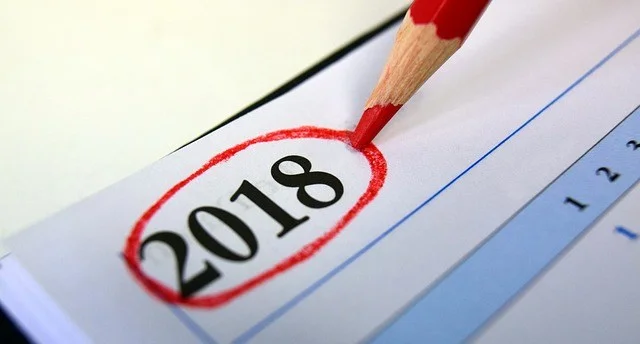Last week, the Federal Reserve decided not to raise interest rates. The more dovish Fed outlook pushed down interest rates, which led mortgage rates to 14-month lows. The current 30-year fixed rate loan stands at just under 4.3 percent, just in time for the spring home buying season.
Holiday Records Teach Investor Lessons
CBS This Morning: How Does the Rate Hike Impact You?
Short-term interest rates are higher after the Fed raised rates Wednesday by a quarter point, to a range of 2.25 percent to 2.5 percent. It's the fourth rise this year and the highest level since 2008. The Dow closed down almost 352 points after the announcement, the lowest close of the year. How does the rate rise impact Americans? I discussed on CBS This Morning.
Have a money question? Email me here.
8 Money Lessons from 2018
CBS Evening News: Fed Raises Key Interest Rate
The Federal Reserve raised its key interest rate by a quarter percent Wednesday, marking its fourth increase this year. The news caused stock markets to reverse course. I discussed on the CBS Evening News.
Have a money question? Email me here.
Did Tariff Man or Yield Curve Tank Stocks?
It was an exhausting week for investors, even though there were only four trading sessions. Monday’s U.S.-China 90-day trade “time out” stock bounce was dwarfed by big sell-offs throughout the rest of the week. The drubbing began after the President’s tweet that he is a “tariff man,” shortly followed by another, which questioned whether a “real deal” with Beijing is actually possible.
Powell's Two Words Move Markets
Two words from Fed Chair Jerome Powell moved markets last week: “JUST BELOW.” He was talking about short-term interest rates, which are just below neutral, a Goldilocks level that is designed to neither speed up-nor slow down-economic growth. Powell’s assessment was a change from a comment he made in early October, when he said rates were a “long way” from neutral.
How Long Will Tax Cut Sugar High Last?
Trump is FED Up!
President Trump is not happy with the Federal Reserve. In an interview with CNBC, he said that while he put a “very good man” at the helm of the central bank (Jerome Powell), he’s “not thrilled” that interest rates are rising. The remarks got a lot of attention, because for the past twenty years or so, presidents and administration officials have abstained from commenting on the Fed’s monetary policy to preserve the central bank’s independence from partisan pressure.(For more on the complicated relationship between the Fed and Congress, check out my interview with author and Fed expert, Mark Spindel.)
![Jill on Money [ Archive]](http://images.squarespace-cdn.com/content/v1/59efbd48d7bdce7ee2a7d0c4/1510342916024-TI455WZNZ88VUH2XYCA6/JOM+Blue+and+White.png?format=1500w)









